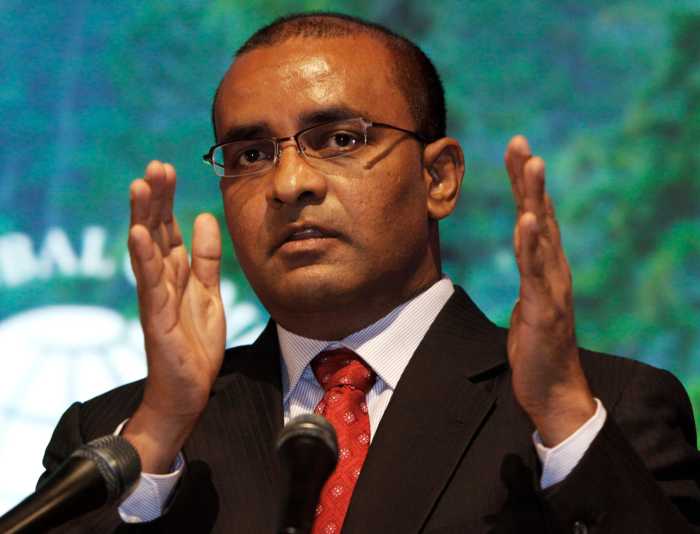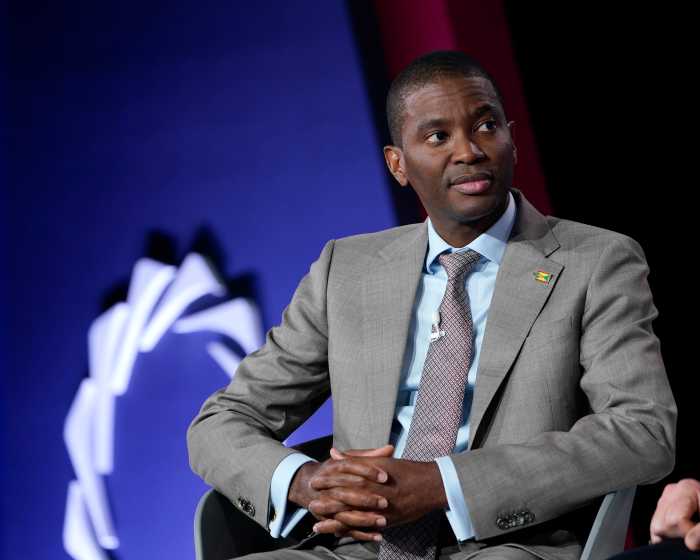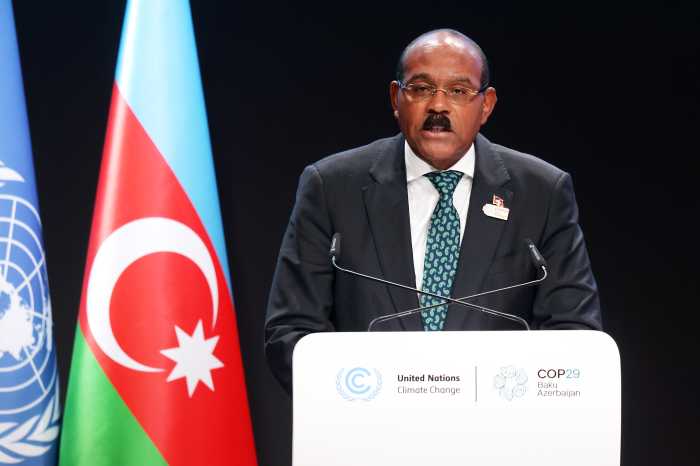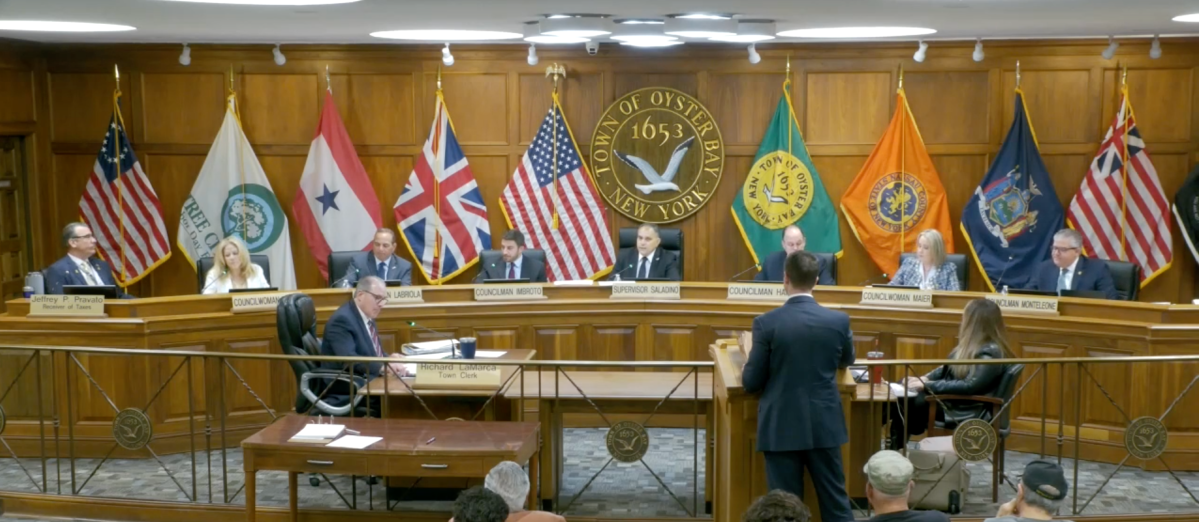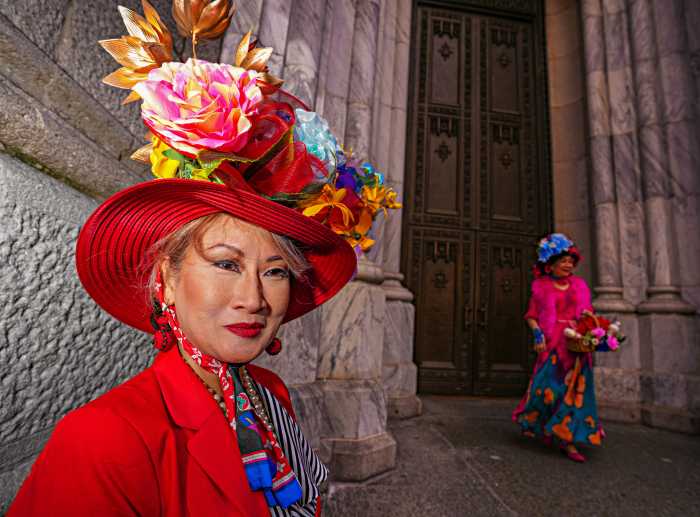Caribbean Community leaders head to Grenada for next week’s main summit with Haiti again expected to attract significant discussion time especially if members of the recently installed, nine-person interim administration find their way to the idyllic Eastern Caribbean nation.
At the last summit in Guyana in March, regional leaders devoted tons of energy and conference time to facilitating the establishment of a transitional national council that would run the country until general elections sometime next year, liaise with an incoming United Nations-approved peacekeeping force led by Kenya and to stabilize the country from heavily armed gangs controlling large parts of the capital.
The three-day summit from next Wednesday is being held just around the time when the first batch of about 400 Kenyan police officers would have arrived in Haiti as they prepare for battle with gangsters who have already pledged to engage them militarily. Kenya would be leading the force along with troops and officers from about a dozen nations including several CARICOM bloc member nations like Jamaica, The Bahamas, Belize and Suriname among others. A second batch is expected in mid to late July.
The island’s recently gazetted administration has been moving earnestly to get its act together by streamlining ministries, liaising with the UN and western nations about improving security and staying close to CARICOM as it settles in. Much of the preparatory work for the interim administration was done at a special Caricom summit in Jamaica days after their conference in Guyana. The bloc hailed developments in a statement this week.
“CARICOM welcomes the installation of Haiti’s Prime Minister Garry Conille and the members of his government on June 12, 2024. It is a much anticipated and critical step in addressing the multifaceted crisis and facilitating the transition, through free and fair elections, toward a return to constitutional governance and restoration of lapsed institutions,” a weekend statement noted.
“The community has taken keen note of the priorities outlined by both the president of the presidential transition council and the prime minister for the transition process, including public security, elections, economic recovery, food and health security, strengthening the rule of law and justice, the national conference and constitutional reform, as well as infrastructure rehabilitation. We applaud the emphasis that was also placed on improving the conditions of all Haitians, transparency and integrity in public affairs and zero tolerance for corruption.”
Other key agenda items will include a look at worrying negative trends linked to crime and security, free movement of labor and talent in the region, climate change and efforts to reduce the region’s spiraling import food bill that leaders peg at about $6 billion annually.


